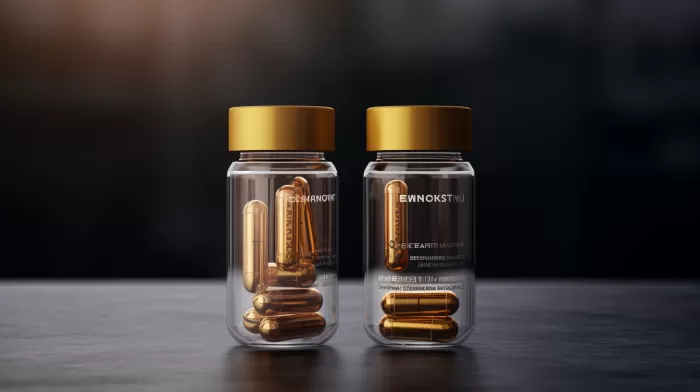Low testosterone in women can cause a variety of symptoms, including decreased interest in sex, loss of muscle mass, fatigue, difficulty losing weight and concentrating, low moods and mood swings, anxiety, and hair loss. Although taking a testosterone supplement may seem like a quick-fix solution to these issues, there is more to consider.
Are Testosterone Supplements Worth the Side Effects?
A 2008 study reported that testosterone supplements only provided a “modest” improvement in sexual desire for women, with factors such as painful intercourse, emotional distress, life stressors, and conflict in relationships playing a more significant role. However, more recent studies have discovered various benefits of testosterone replacement therapy for women, debunking some myths about the treatment.
Testosterone, previously known as a “male” hormone, is actually more abundant in women than estrogen, and it plays a role in more than just libido. Androgen deficiency in women can cause additional symptoms, including hot flashes, breast pain, joint pain, bone loss, urinary incontinence, and sexual dysfunction—all of which can be alleviated with testosterone therapy.
While testosterone supplementation can help with sexual desire, it is crucial to consider the side effects. Some of the primary reported side effects in clinical trials are increased facial hair (hirsutism) and acne (which does not appear with testosterone cream). Although hirsutism affects 5-8% of the female population and is an annoying side effect, it is dose-dependent. In lower doses, testosterone may stimulate femininity, so unwanted androgenic side effects can be reversed by lowering the dosage.
How to Reduce Side Effects Naturally
If you choose to move forward with bioidentical hormone therapy, ensure your doctor closely monitors your levels. You can also try reducing the risk of hirsutism through:
- Balancing blood sugar and detoxifying bad estrogens with a diet full of green vegetables, low carbohydrates, healthy fats, lean meats, and water and herbal teas.
- Reducing stress: Unmanaged stress increases DHT, which can cause acne, hirsutism, and hair loss.
- Taking supplements with proven benefits in reducing hirsutism, such as DIM, NAC, green tea, spearmint, licorice, reishi mushroom, saw palmetto, black cohosh, and chaste tree extract.
Health Risks of Testosterone Supplementation
Some scientific literature suggests that taking a testosterone supplement could promote breast cancer due to the conversion of supplemental testosterone into bioactive estradiol, which stimulates abnormal cell growth. However, larger analyses have revealed that lower levels of testosterone are associated with a higher risk of heart disease for both men and women. This means that the hormonal balance could be beneficial in lowering heart disease risk.
It is essential to start at a safe, low dosage and monitor your hormone levels closely with the help of your doctor. Many women find relief in a low dose.
The Role of Oxytocin
Oxytocin, previously known simply as a pregnancy hormone, is now understood to have receptors in many areas of the body and provide multiple functions. It is the hormone involved in trust and attachment between people and plays a role in bonding and loving relationships. Oxytocin is also the “love hormone,” which is released when we hug, touch, and experience an orgasm. This hormone plays a significant role in neurochemicals in the brain related to sex.
The science of oxytocin supplementation bears further exploration, but it seems that oxytocin could be a safe part of hormone supplementation for both men and women.



